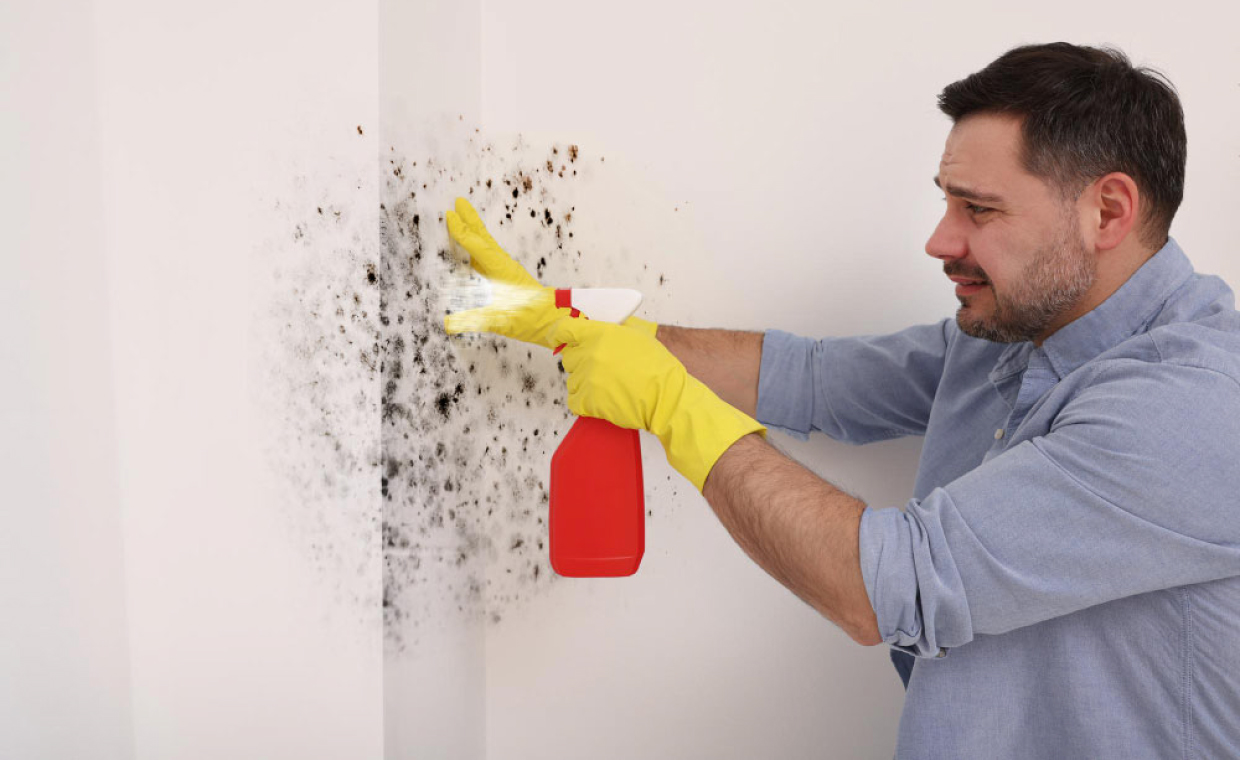
Table of Contents
Quick Summary
- Many homeowners underestimate the unique challenges of selling an inherited or long-vacant property.
- The article explains how to properly assess a property’s true condition, especially after long periods of neglect.
- It outlines the importance of clearing personal belongings before listing the home.
- Guidance is provided on setting a realistic price based on current condition, not potential value.
- Readers learn essential legal and financial steps, including probate, title updates, and coordinating with heirs.
- The article discusses the benefits of selling as-is to cash buyers for faster, simpler transactions.
- It highlights risks of delaying the sale, such as property deterioration and rising holding costs.
- Practical steps help sellers stay organized, avoid common mistakes, and move forward confidently.
The process of selling a home is not usually a straightforward one, but selling an inherited property or one that has been long-vacant typically comes with a whole new set of challenges. Though it can be a significant and positive way to settle estates, get rid of financial burdens, or make a great deal out of an unused property, the selling process can quickly become too much if you aren’t equipped to deal with the particular difficulties these kinds of properties.
An inherited home may trigger memories, raise questions about the law, and require a major cleaning or some renovation. A vacant home, on the other hand, may develop problems such as poor maintenance, a risk of being broken into, and difficulties with planning for its use and keeping it in a good state. Many sellers fail to realize how greatly these types of properties differ from the ones that are traditionally owner-occupied.
Understanding the Condition of the Property

One of the most frequent errors that sellers of inherited or vacant properties make is to think that they already know the condition of the property. Without a doubt, long term vacancy of months or years could cause several issues which are not even visible just by a quick visit to the home. Homes that are left empty are exposed to more risks in the areas of leaks, pests, mold, and mechanical failures.
Don’t rush into listing. Thoroughly take a look at the property inside and out. Check plumbing, electrical systems, roofing, and structural elements. Inspect the property for water damage, insulation, or even old systems that could be an issue during buyer inspections.
Cleaning and Clearing Out Personal Property

One step which is also often overlooked is the control of your personal belongings in the house. A lot of times, a vacant or inherited house comes with the accumulation of personal items, furniture, boxes, and stored possessions that have been there for years.
By investing the time in sorting, donating, and removing these items, not only do you make the home ready for the showings, but also you avoid the emergence of disputes among the family members later on. It doesn’t matter if you do it on your own or if you hire a clean-out service, getting the home cleared up before you put it on the market will make the process go by without any hitches.
Setting a Realistic Price

Quite a few sellers put up an inherited or empty-house property figure which is far beyond what it actually is, most especially if the home has not been remodeled for the last 20 years or is in a state of disrepair. A real price is one that corresponds to the property’s condition at the moment, but not its future.
If a home is priced too high, it may stay on the market for a long time, and then you will be forced to lower the price, which will reduce your bargaining power. A price that is too low may result in your losing some of the profit.
Compare the prices of similar homes, get a grasp of the market trends in your area, and maybe ask for the opinion of a professional if you want to be absolutely sure when selling your property.
Managing Legal and Financial Obligations

Properties that one inherits sometimes come along with a lot of paperwork, even more than you might expect. In different circumstances, it might be necessary to go through probate, change the title, deal with the payment of the debts, or get the signatures of the different heirs.
If you don’t solve these problems at the very beginning it can postpone the sale or create difficulties when closing. It is a great help to coordinate with an estate attorney or a title professional to make sure you are legally ready before taking the offers.
The Middle Path: A Fast, As-Is Alternative
Sell your home for cash can be a practical solution for sellers managing inherited or vacant homes, especially when the property needs repairs, contains years of belongings, or presents legal complexities.
Such a streamlined procedure is what is generally offered by cash buyers who are experts in properties of this nature. They evaluate the home as it is, take care of the paperwork, and make the closing according to your schedule. If a seller has to deal with the coordination of the family, probate delays, or management from a distance, then this choice will eliminate most of the trouble that is usually associated with inherited or vacant homes.
As these buyers are paying for the home in cash and without the need for financing, there is no chance of a delay caused by appraisal, loan approval, or inspection renegotiation. The certainty and speed are often the reasons why this way is chosen by families who are looking for closure, simplicity, or quick access to money.
Avoiding the Mistake of Delaying Too Long
Empty and inherited houses are things that time can be very unkind to. The longer a place is without a caretaker, the more it is likely to decay, be robbed, or get some damage that no one has noticed. With every month that goes by, the property can also bring the costs of holding it such as taxes, insurance, utilities, and maintenance.
Among the reasons why sellers postpone decisions is the feeling of being overwhelmed, however, they delay which most of the times results in higher expenses and increased risk. Having a set schedule not only facilitates the progress of the task but also makes it impossible to feel burdened again.
Final Thoughts
Inherited or vacant home sales are worlds apart from your typical home sales, but it doesn’t have to be a mess of confusion or hassle. Taking a good look at the property, getting ready for legal obligations, and staying realistic about the home’s condition will help you get rid of the common mistakes that sellers usually make.
Knowing the property’s requirements will give you the insight to take the right steps whether you decide to do the repairs, sell as-is, or work with a cash buyer. Being diligent with your time, money, and peace of mind is what a careful approach is all about.
It can be a smooth, positive experience, and a significant move in life, i.e., closing one chapter and starting another, with the proper preparation and plan, selling an inherited or vacant home.
Also Read: The Complete Guide to Your Home Selling Options
FAQs – Selling an Inherited or Vacant Property
1. What makes selling an inherited or vacant property more complicated?
Inherited and vacant homes often come with legal steps, neglected maintenance issues, and personal belongings that must be handled before listing.
2. Should I repair an inherited or vacant property before selling?
It depends on your goals and budget. Some sellers make repairs to increase value, while others choose to sell as-is to avoid extra costs and delays.
3. How do I know the true condition of a long-vacant home?
A thorough inspection-checking plumbing, electrical systems, roofing, structure, and signs of damage-is the best way to understand the home’s condition.
4. Can I sell an inherited home before probate is completed?
Usually, no. Probate typically must be completed or at least progressed to a certain stage before the property can legally be transferred.
5. Are cash buyers a good option for inherited or vacant properties?
Yes, especially if the home needs repairs, contains belongings, or has legal complexities. Cash buyers offer quick, as-is sales without financing delays.






























